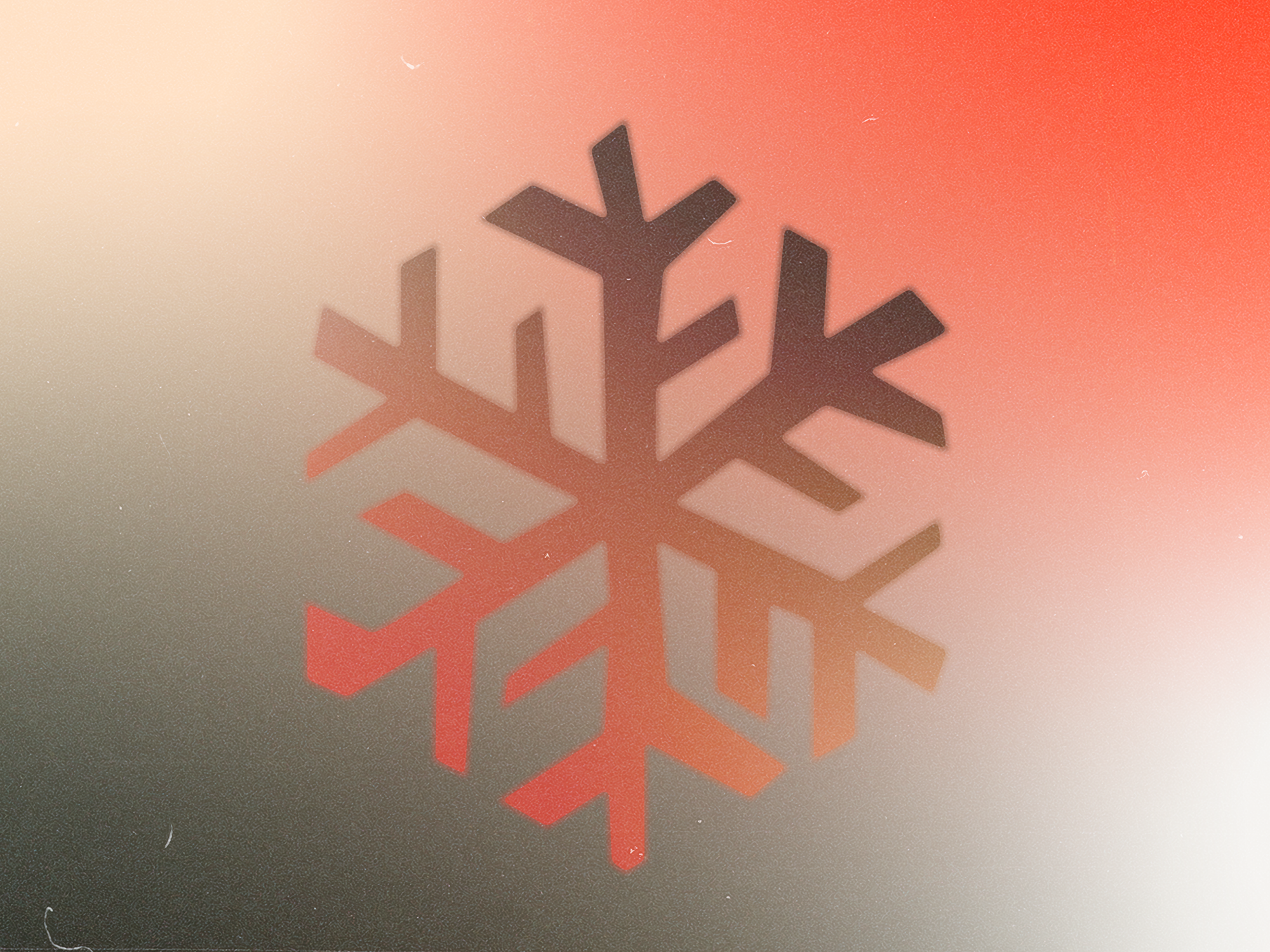Winter Solstice
A natural phenomenon and a holiday, the Winter Solstice is the shortest day and longest night of the year.

A natural phenomenon and a holiday, the Winter Solstice is the shortest day and longest night of the year.
Nathaniel Glanzman
Reviewer URLNames: Winter Solstice, Hibernal Solstice, Yalda, Yule
A natural phenomenon and a holiday, the Winter Solstice is the shortest day and longest night of the year.
Origin
The winter solstice occurs when the Earth, in its orbit around the sun, is at its maximum tilt away from the sun. In the Northern Hemisphere, it occurs each December when the sun is directly over the Tropic of Capricorn. This tilt creates the shortest period of daylight and longest period of night for the Northern Hemisphere each year. It marks the start of winter.
When it is observed
The winter solstice takes place annually on December 20 or 21st, depending on when the sun reaches its southernmost point from the celestial equator.
Who observes this holiday
The Northern Hemisphere observes the Winter Solstice in December, when the Southern Hemisphere observes the Summer Solstice. (Likewise, the Northern Hemisphere observes its Summer Solstice when the Southern Hemisphere observes its Winter Solstice.)
Traditions
As a natural phenomena, every person on earth experiences the solstices.
In Persian culture, the solstice marks Shab-e Yalda, Yalda or Yalda Night, a winter solstice celebration of light over darkness. Families mark the celebration by eating dinner together and staying up indoors as late as possible, waiting for sunrise. Families tell stories, read poetry and light candles to celebrate the light. The work of 14th century poet Hafez is read. Food, such as watermelon and pomegranate, is set out to eat.
Contemporary neo-Pagans mark the winter solstice as Yule. Some neo-pagans, druids and other spiritual practitioners honor their deities and spirits of the land. One example is gathering at Stonehenge to mark the occasion. Yule is a holiday of rebirth. Wiccans may perform rituals or rites in their home that mark the end of one cycle and the start of another.
What to say
"Happy winter solstice!" is a fine greeting for those who are not actively celebrating.
"Happy Yule!" is a fine greeting for a Pagan or Druids marking the holiday.
"Shab-e Yalda Mubarak" is a traditional greeting for someone celebrating Yalda Night.